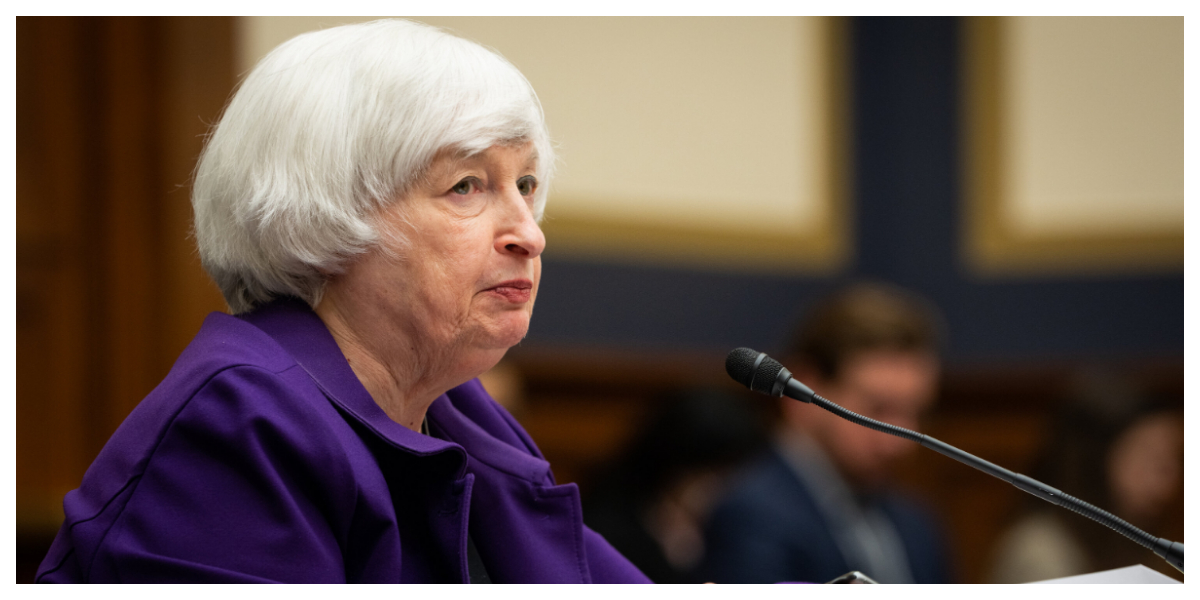A European ban on Russian oil and fuel imports should have unintentional financial effects, US Treasury Secretary Janet Yellen said Thursday.
Major European countries consisting of Germany have faced calls to stop shopping for power from Russia and starve its financial system of sales in retaliation for its invasion of Ukraine, which has sent greater than five million human beings fleeing.
Speaking to reporters following a meeting with Ukrainian Prime Minister Denys Shmyhal and Finance Minister Sergiy Marchenko in Washington, Yellen stated one of these bans ought to in the end purpose greater harm than exact
“Europe clearly needs to reduce its dependence on Russia with respect to energy. But we need to be careful when we think about a complete European ban on, say, oil imports,” Yellen said.
A European energy ban would raise global oil prices “and, counterintuitively, it could actually have a very little negative impact on Russia, because although Russia might export less, the price it gets for its exports would go up.”
Referring to a proposed ban, Yellen said, “if we could figure out a way to do that without harming the entire globe through higher energy prices, that would be ideal.”
The United States has banned purchases of Russian oil, among a host of sanctions Washington has announced targeting Moscow’s economy, many of which have been matched by Europe and allies elsewhere.
The European Union, which imports around 45 percent of its gas from Russia, is working on broadening its sanctions to include embargoes on oil and gas but officials told AFP last week such measures would take “several months.”
The IMF this week said the war in Ukraine will weigh heavily on economic growth in the eurozone, downgrading its forecast for this year to a 2.8 percent expansion from its previous 3.9 percent released in January.
However, Pierre-Olivier Gourinchas, the IMF’s lead economist, stated in an interview the main danger to the outlook is an escalation of sanctions, especially an embargo on Russian gasoline, which might motivate a “quite extreme” slowdown over the quick time period in nations like Germany.
If that were to happen, “we would have a fairly significant downward revision of the economic forecasts for the euro zone,” he said.

















